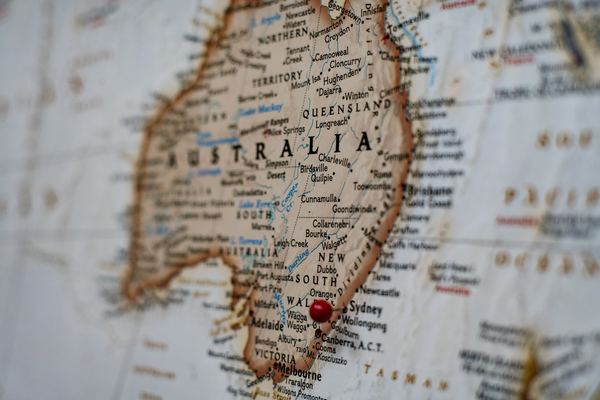A New Era for Same-Sex Couples
From 1 July 2009, same sex-couples will receive the same treatment as opposite-sex de facto couples, both as partners and parents. Interdependency visas will cease to exist in that name. The amendments do not apply to visa applications lodged before 1 July 2009.
There will also be new definitions and interpretations for family members:
- definition of step-child;
- interpretation of de facto partner and de facto relationship;
- interpretation of parent and child;
- interpretation of spouse;
- definition of sponsoring spouse;
- criteria applicable to de facto partners;
- interpretation of the balance of family test; and
- interpretation of member of the family unit.
Other relevant changes to Australian laws relating to same-sex partners can be found at: www.ag.gov.au/samesexreform
Same-Sex Options in Australia
Australia has moved to eliminate discrimination of same-sex partners. This includes discrimination within Australia’s migration program.
The migration program allows Australian citizens, Australian permanent residents and eligible New Zealand citizens to either sponsor their same-sex partner to migrate to Australia or for citizens of other countries to include their same-sex partner in most temporary and permanent visas applications.
Same-sex partners are now considered de facto Partner couples. De facto Partner couples must show evidence of a genuine and ongoing relationship of 12 months or more.
There are visas options which can be applied for both on-shore (within Australia) or off-shore (overseas).
Apart from de facto Partner visa classes, gay men and lesbians are able to apply for any of the many temporary and permanent visa subclasses available so long as they meet the relevant criteria within the visa subclass and they can include their same-sex de facto Partner in these visas applications and include children and step children of these relationships into these applications. Health and character criteria must of course be met.
De facto Partner Visas
A de facto Partner relationship is defined as “a relationship which is genuine and continuing between two people who are not in a prohibited degree of relationship (brothers, sisters, parents, children, uncles, aunts cousins etc), who have both turned 18 years of age, and who both have a mutual commitment to a shared life to the exclusion of any spouse relationship who live together or do not live separately and apart on a permanent basis”.
The visa applicant must be sponsored by their de facto Partner who is an Australian citizen, permanent resident or eligible New Zealand citizen.
Applications can be lodged either at an Australian overseas post or within Australia;
The couple do not have to be married but must have been in a genuine and ongoing relationship for at least 12 months prior to the lodgement of the application (unless exceptional circumstances exist);
The couple do not have to have lived together for 12 months prior to lodgment of the application but must have lived together for some of the time and if living apart must not be living separately and apart on a permanent basis;
Generally approval of the permanent visa entails an initial grant of a temporary visa (an EETV) (Subclass 309 or 826) for up to two years prior to the grant of a permanent visa.
If the couple have been in a “long-term” relationship of 5 years or more, the applicant may be eligible for the grant of permanent residence from the time a decision is made about the application;
Nominations by an Australian citizen, permanent resident or eligible New Zealand citizen under this class of visa are limited to 2, with a five year gap between both, unless the Minister determines that there are exceptional circumstances;
The Minister has the power to waive the health requirements for the applicant so long as he or she determines that there will not be undue cost to the Australian community or undue prejudice to access to health care or community services for Australian citizens or permanent residents.
The nominator must be willing to financially support the applicant for a period of two years, should the applicant be unable to find employment within Australia during this time.
Should the relationship between the Australian nominator and the applicant break down within the period of the long term temporary visa (the EETV) the applicant cannot remain in Australia on the basis of that application alone, unless:
The break up was due to the death of the Australian nominator;
The break up was due to domestic violence and a court order has been issued to that effect, or statutory declaration from prescribed professionals has been provided;
There are family law orders in place in respect of children of the relationship.
Refugee or Protection Visas
Within Australia, systematic persecution of an individual or group on the basis of sexual orientation, is generally recognised as grounds for the grant of a Protection visa under the United Nations High Commissioner for Refugees Convention and Protocol falling under the category of a “particular social group”. It has generally been accepted in the High Court of Australia, that persecution based on sexual orientation falls within the Convention grounds and therefore requires protection.
Contact Pride Legal
If you or a loved one is migrating to or from Australia, we invite you to contact us at Pride Legal for legal counseling or any further questions. To protect your rights, hire someone who understands them.
Other Resources:
Specific information is available from the Australian Department of Immigration & Citizenship website:

